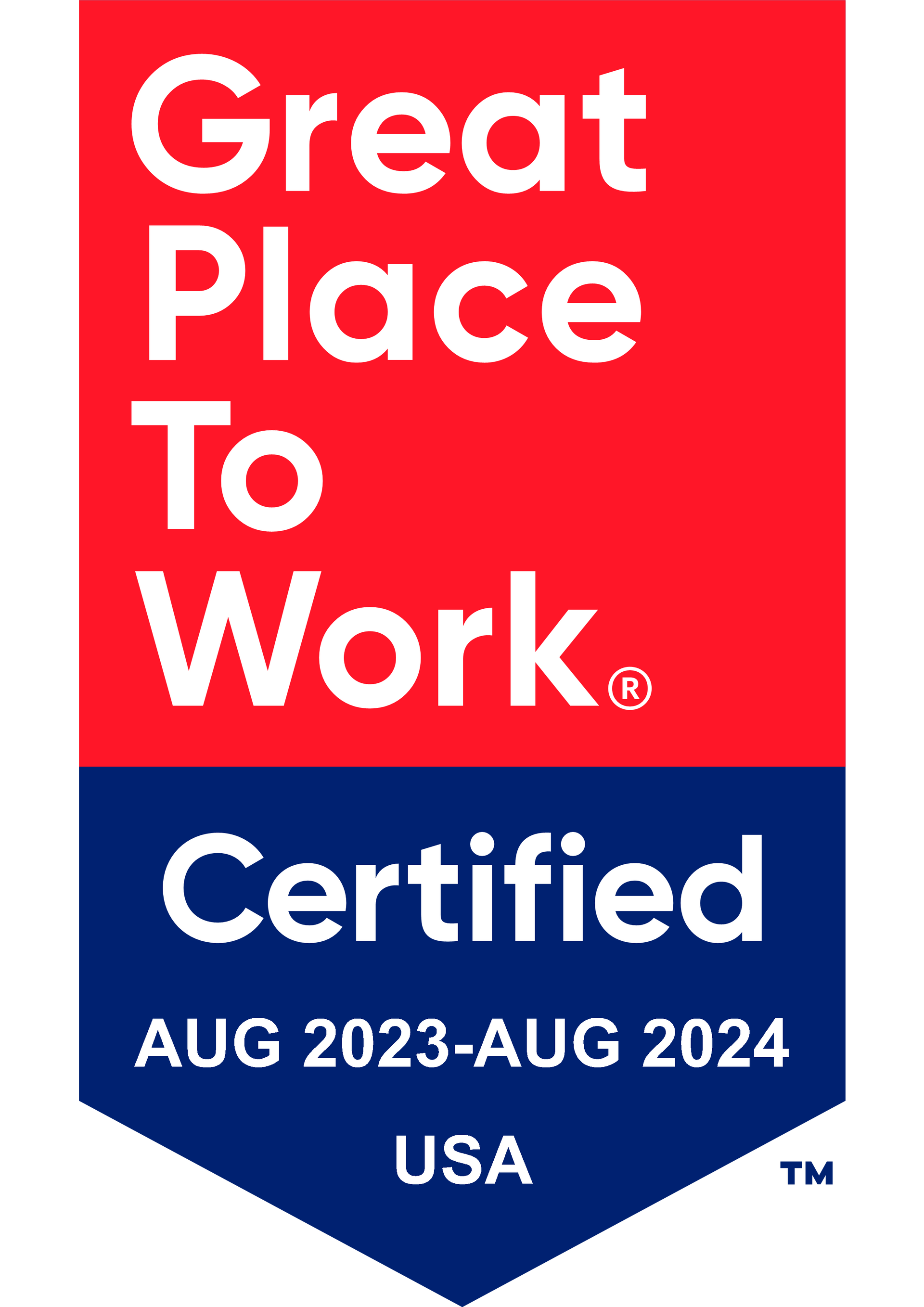
HMO vs. PPO – Which Plan Should My Business Offer

When it comes to choosing the right health insurance plan for your employees, the decision often boils down to two primary options: HMO (Health Maintenance Organization) and PPO (Preferred Provider Organization). Each plan type offers distinct advantages and potential drawbacks—both for your team’s health and your company’s bottom line. Understanding these differences is critical to designing a benefits package that promotes well-being while managing costs effectively.
What is an HMO Plan?
HMO plans are a form of managed care designed to offer affordable coverage through a streamlined network. They typically require employees to select a primary care physician (PCP) who coordinates all aspects of care, including specialist referrals and pre-approvals for certain procedures.
Key features of HMO plans include:
- Lower premiums and out-of-pocket costs compared to other plan types.
- A specialized network of participating providers.
- A greater emphasis on coordinated care through a PCP.
This structure can be highly beneficial for businesses looking to control costs while still providing access to quality care. For employees who don’t mind having a designated doctor and following referral protocols, HMOs offer a cost-effective option.
HMO Networks and Costs
HMO networks are often more limited, but they come with reduced medical costs. Providers in the network agree to offer services at lower rates, helping keep insurance premiums low. Some HMO plans come with no deductible, which can be attractive to employees managing routine healthcare needs.
However, it’s important to note that if employees seek care outside of the network (except in emergencies), they’ll bear 100% of the cost.
Role of the Primary Care Physician (PCP)
A central aspect of HMO plans is the role of the PCP. This physician becomes the employee’s primary point of contact for healthcare needs, from routine checkups to coordinating specialist visits. Requiring referrals and pre-approvals helps prevent unnecessary procedures and controls spending—both key benefits for employers managing group plan expenses.
Pros and Cons of HMO Plans
Advantages:
- Lower premiums and minimal out-of-pocket costs.
- Efficient, centralized care management.
- Preventive care emphasis reduces long-term costs.
Disadvantages:
- Limited choice of providers.
- Referrals required for most specialist visits.
- No coverage for out-of-network non-emergency care.
What is a PPO Plan?
PPO plans offer a more flexible structure, appealing to employees who want broader access to healthcare providers without needing referrals. While more expensive than HMOs, PPOs grant the freedom to see specialists or out-of-network doctors without jumping through administrative hoops.
Core elements of PPO plans:
- Larger provider network with fewer restrictions.
- Partial coverage for out-of-network services.
- No need for a designated PCP or referrals.
This model works well for companies seeking to attract a geographically diverse workforce who need provider flexibility.
PPO Plan Features and Costs
While PPOs offer generous access to care, they come with higher premiums and deductibles—especially for services received outside the network. Employees typically must submit claims themselves for out-of-network visits, and separate deductibles apply.
That said, emergency care is always covered, regardless of network status, which provides a safety net for unexpected situations.
Making the Right Choice for Your Business
Choosing between an HMO and PPO plan depends on your company’s goals, employee preferences, and budget. If your workforce prefers structure and you want to keep premiums low, an HMO may be the better fit. On the other hand, if your team values provider choice and flexibility—even at a higher cost—a PPO could offer the competitive edge you need to retain top talent.
For many businesses, a combination of both plan types might be the best solution, giving employees the ability to select the coverage that best suits their individual needs.
Partner with Experts Who Understand Employee Benefits
Navigating the complexities of group health insurance plans doesn’t have to be overwhelming. At KBI Benefits, our team brings decades of experience helping companies across industries build cost-effective, employee-focused benefits strategies. From compliance guidance to innovative financing models, we specialize in helping businesses save up to 40% on benefits expenses—without sacrificing quality or coverage.
Contact KBI Benefits today to schedule a consultation and discover how the right insurance strategy can support both your workforce and your bottom line.



